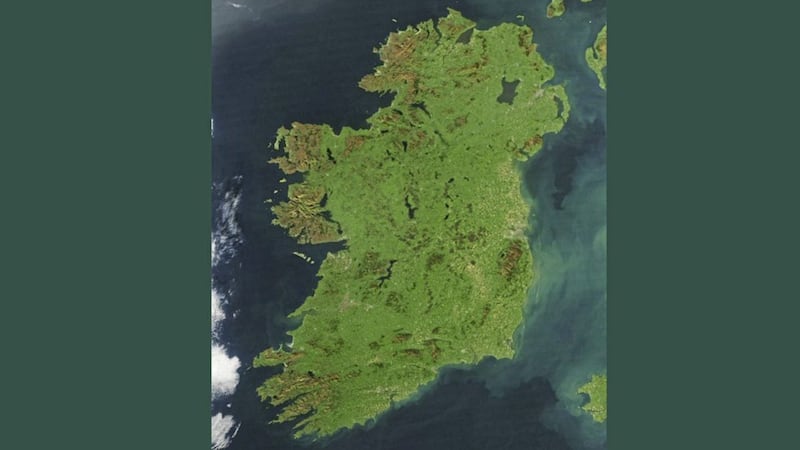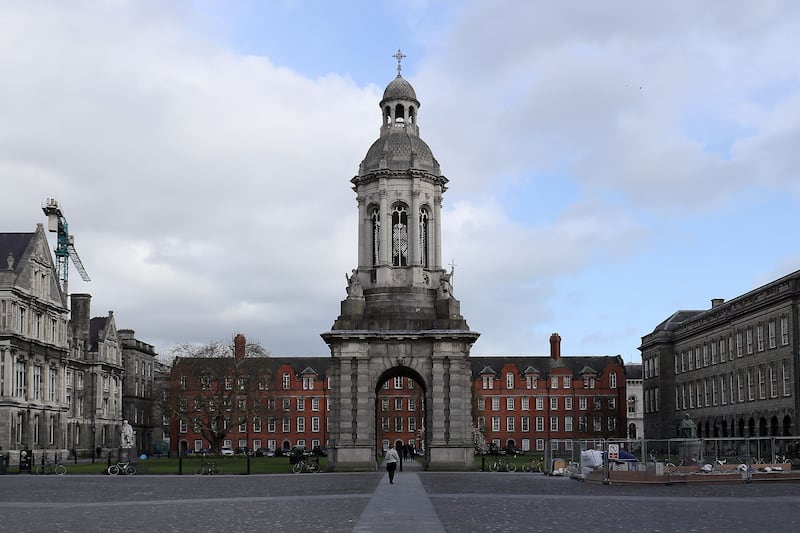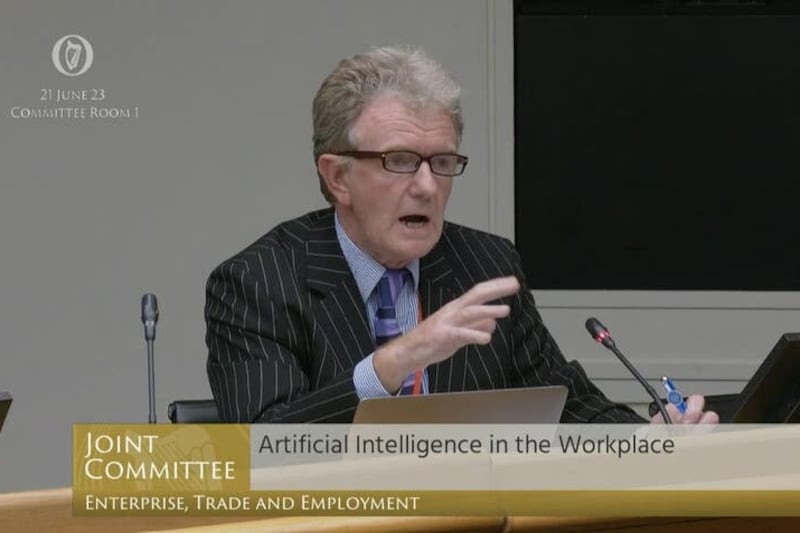A UNITED Ireland would cause the complete collapse of Northern Ireland's economy and cost as much as €30 billion a year, according to a new report.
The report by Trinity College Dublin academics models unification as causing a dramatic fall in the standard of living across the entire island.
`The Northern Ireland Economy: Problems and Prospects', by economists John Fitzgerald and Edgar LW Morgenroth, notes that the north relies on an around €10billion UK subsidy to prop up the economy - although this may be reduced following Brexit.
The authors say the end of this cash transfer in the event of a united Ireland would totally collapse the economy with "calamitous unemployment and emigration".
Their research also claims that Brexit could seriously destabilise the Northern Ireland economy over the next decade.
The report says that if the Republic took on that cost it would cause a five to 10 per cent decrease in the standard of living in the Republic, with people in the north up to 20 per cent better off than the rest of the country.
Authors say the best option would be for the six counties to undertake major economic reforms over the next 10 years to unlock their economic potential, leaving the option of unification to future generations.
The report appears to contradict recent analysis by leading Dublin economist David McWilliams who insisted the north "would cost less than four per cent of the Irish Republic's GDP annually" and "in pure budgetary terms, there is little doubt that the Republic’s economy could absorb the north and this is before the commercial dynamism of unification kicks in".
That view was later refuted by Dr Graham Gudgin of University of Cambridge who said "the high public spending of the north as reflecting weakness in the private sector economy".
Meanwhile, German economist Kurt Hubner put forward a model suggesting the the adoption of the Irish tax system, greater openness to foreign direct investment and reduced trade barriers within a united Ireland would see the six counties enjoy a period of "economic catch up."
Prof Fitzgerald told the Irish Sun on Sunday: "In order to raise taxes to fund (the UK subsidy) on an economy, you'd have to do more, especially if some of it was expenditure cuts.
"I think the cuts in the economic crisis were €30 to €40billion. So you're talking in terms of half to two-thirds of the cuts which we experienced in the crisis would be needed to fund the north."
Prof Fitzgerald warned the north's economy needs a devolved government to tackle "the worst educational system of any region in the UK" which he estimates would take up to 30 years to fix.
"What you have is a population that are poorly educated which means that their economy is unlikely to grow rapidly in the future.
"...In the north it would take 20 to 30 years before they transform the economy so it would be growing like the south because they've got to upgrade their educational system."








